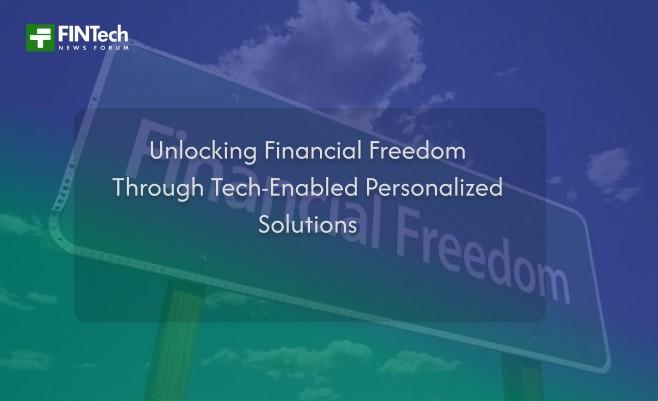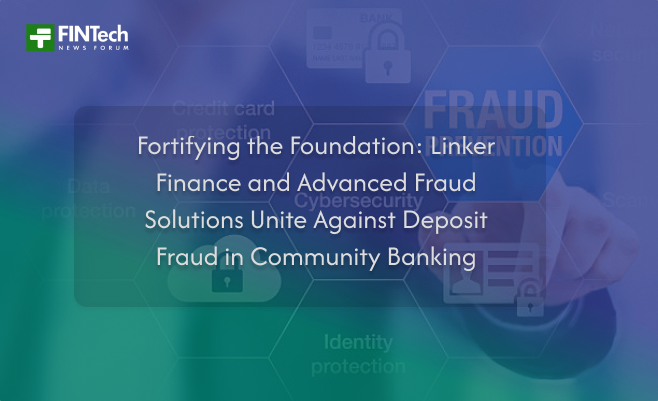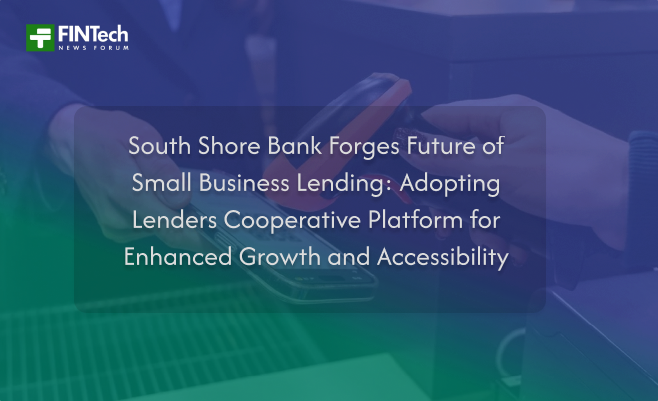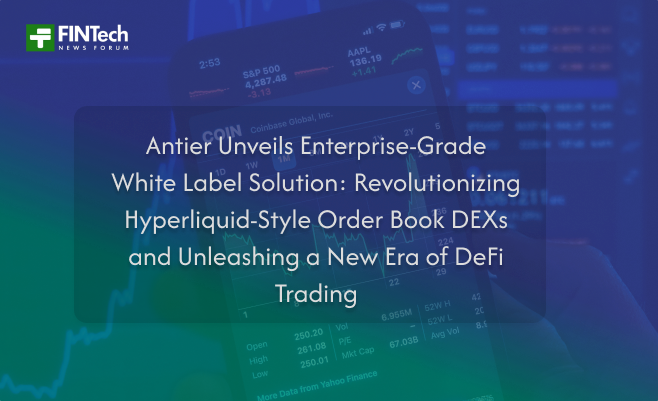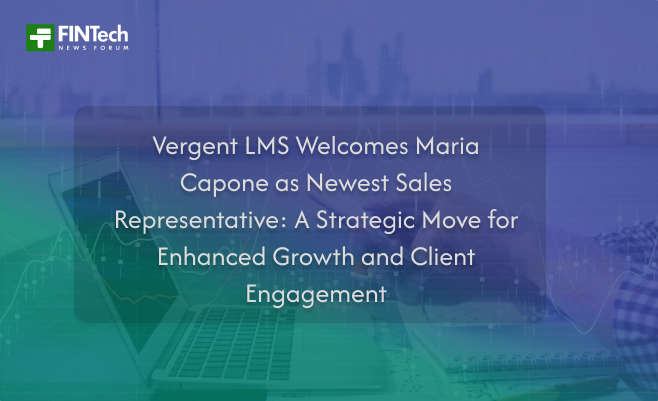
The global financial landscape is a complex tapestry, constantly under threat from the shadow economy of money laundering, terrorist financing, and other illicit activities. As financial crime evolves in sophistication and scale, the demand for highly skilled compliance professionals has never been more critical. Recognizing this escalating need, Sumsub, a leading identity verification and fraud prevention platform, has taken a momentous step forward by launching a free AML Fundamentals course, empowering global professionals with the essential skills to navigate the intricate world of Anti-Money Laundering (AML) and Counter-Financing of Terrorism (CFT). This groundbreaking initiative isn’t just about education; it’s about building a future-proof workforce, equipping individuals with “2025-Ready” compliance capabilities, and fostering a more secure financial ecosystem worldwide.
The Unyielding Tide of Financial Crime: Why AML Compliance is Non-Negotiable
Financial crime is not merely a corporate problem; it’s a societal scourge, funding everything from drug trafficking and human exploitation to international terrorism. The sheer volume of illicit funds laundered globally each year is staggering, estimated in the trillions of dollars. This dark flow infiltrates legitimate economies, distorts markets, and erodes public trust in financial institutions. Criminals are continuously innovating, leveraging new technologies from cryptocurrencies to complex shell company structures to obscure their activities, making detection and prevention an ever-more challenging endeavor.
For businesses, the stakes are incredibly high. Non-compliance with AML regulations can result in crippling fines, sometimes reaching hundreds of millions or even billions of dollars, as evidenced by numerous high-profile cases across the globe. Beyond the financial penalties, regulatory breaches lead to severe reputational damage, loss of customer trust, and even the revocation of operating licenses. In an increasingly interconnected world, where information spreads instantly, a single misstep can have catastrophic and long-lasting consequences. Therefore, understanding and implementing robust AML frameworks isn’t just a regulatory obligation; it’s a fundamental pillar of responsible business practice and a moral imperative in the fight against global crime.
The Evolving Landscape of Compliance and the Emerging Skills Gap
The world of AML compliance is far from static. Regulations are continuously being updated and expanded by international bodies like the Financial Action Task Force (FATF) and national authorities, reflecting new threats and technological advancements. What was considered adequate compliance five years ago may be woefully insufficient today. The advent of artificial intelligence, machine learning, and blockchain technology has not only provided new tools for criminals but also offered powerful solutions for compliance professionals. However, these solutions require a workforce equipped with the knowledge and analytical capabilities to wield them effectively.
Despite the critical importance of AML, a significant skills gap persists within the industry. Many organizations struggle to find professionals with both a deep understanding of regulatory requirements and the practical skills to implement effective AML programs, especially those who can adapt to rapidly changing technological and regulatory environments. Traditional compliance training can often be expensive and inaccessible, creating barriers for individuals looking to enter or advance within the field. This gap not only strains existing compliance teams but also leaves organizations vulnerable to exploitation by sophisticated criminal networks. It underscores the urgent need for accessible, high-quality education that can develop a new generation of competent and forward-thinking AML specialists.
Introducing Sumsub’s Vision: Democratizing AML Education
It is against this backdrop that Sumsub’s initiative shines as a beacon of progress. As a leading provider of end-to-end verification and compliance solutions, Sumsub possesses an unparalleled depth of expertise in digital identity, fraud prevention, and AML/CFT. They interact daily with complex compliance challenges faced by businesses across diverse industries, from fintech and crypto to gaming and e-commerce. This practical, real-world experience forms the bedrock of their new AML Fundamentals course.
Sumsub’s decision to offer this comprehensive course entirely free of charge is a testament to their profound commitment to fostering a safer financial future. It’s not merely a marketing ploy; it’s a strategic investment in the global compliance ecosystem. By democratizing access to essential AML knowledge, Sumsub aims to empower a broader range of individuals, breaking down the financial barriers that often prevent aspiring professionals from gaining critical skills. Their vision extends beyond providing a service; it’s about building a community of informed and capable compliance professionals who can collectively strengthen defenses against financial crime. This initiative aligns perfectly with their mission to enable trust and safety across the digital sphere, recognizing that robust compliance education is fundamental to achieving that goal.
A Deep Dive into the AML Fundamentals Course: What Professionals Will Learn
The Sumsub AML Fundamentals course is meticulously designed to provide a robust understanding of the core principles and practices of Anti-Money Laundering and Counter-Terrorist Financing. It goes beyond mere theoretical concepts, offering practical insights that are directly applicable in real-world scenarios. The curriculum is structured to guide participants through the critical components of a modern AML framework, delivered in an engaging and accessible format.
Participants can expect to delve into a comprehensive range of topics, including:
- Introduction to AML/CFT: A foundational understanding of what money laundering and terrorist financing are, why they are harmful, and the global efforts to combat them. This section sets the stage by defining key terms and establishing the urgency of the subject.
- Key Regulatory Frameworks: An exploration of the international standards and local regulations that govern AML/CFT, including the critical role of organizations like the FATF. This provides a global perspective on compliance obligations.
- Risk-Based Approach: Learning how to identify, assess, and mitigate money laundering and terrorist financing risks tailored to specific business models, customer types, and geographical locations. This is a cornerstone of effective and proportionate compliance.
- Customer Due Diligence (CDD) and Enhanced Due Diligence (EDD): Understanding the crucial processes of verifying customer identities, understanding their business, and assessing their risk profile. This includes mastering the nuances of when and how to apply standard versus enhanced measures.
- Transaction Monitoring: Gaining insights into the techniques and technologies used to monitor financial transactions for suspicious patterns and anomalies, distinguishing legitimate activities from potential illicit flows.
- Sanctions Screening: A detailed examination of international sanctions regimes, how to screen customers and transactions against sanctions lists, and the severe penalties for non-compliance.
- Reporting Suspicious Activities (SARs/STRs): Learning the protocols and legal obligations for reporting suspicious transactions to financial intelligence units, a vital step in the AML lifecycle.
- The Role of Technology in Modern AML: An introduction to how cutting-edge technologies like artificial intelligence, machine learning, and big data analytics are transforming AML operations, enabling more efficient and effective detection of financial crime.
- Future Trends in Compliance: A forward-looking perspective on emerging threats, regulatory changes, and technological innovations that will shape the future of AML.
This curriculum is ideal for a diverse audience, from compliance newcomers seeking to establish a solid foundation, to experienced professionals looking to refresh their knowledge and understand the latest developments, and even individuals in related fields like fraud prevention, risk management, or legal, who need a deeper grasp of AML principles. The course is designed not just to transmit information, but to cultivate a critical mindset essential for navigating the complex and dynamic world of compliance.
Building a 2025-Ready Workforce: The Strategic Advantage
The “2025-Ready” aspect of Sumsub’s AML Fundamentals course is more than just a catchy phrase; it signifies a strategic commitment to future-proofing the compliance sector. By focusing on foundational knowledge combined with insights into emerging trends and technological applications, the course equips professionals not just for today’s challenges but for those that lie ahead.
For individuals, completing this course offers a significant career advantage. It enhances marketability in a competitive job market, opens doors to new opportunities within financial institutions, fintech companies, regulatory bodies, and consulting firms, and provides a clear pathway for professional growth. Earning this fundamental qualification instills confidence, validating an individual’s commitment to ethical finance and their readiness to contribute meaningfully to an organization’s compliance efforts. It’s an investment in personal development that pays dividends in career progression and professional credibility.
For businesses, the benefits are equally profound. An educated workforce is the first line of defense against financial crime. By encouraging employees to undertake such training, organizations can cultivate a stronger, more proactive compliance culture. This leads to reduced risk exposure, fewer regulatory breaches, and ultimately, greater operational efficiency. Employees equipped with up-to-date AML knowledge are better positioned to identify red flags, implement robust controls, and adapt to evolving regulatory demands, ensuring that the business remains compliant and resilient in the face of ever-changing threats. It represents a strategic investment in human capital, ensuring that the organization is not only meeting current regulatory expectations but is prepared for the compliance landscape of tomorrow.
Conclusion: A Stepping Stone Towards a Safer Financial Future
Sumsub’s launch of its free AML Fundamentals course marks a pivotal moment in the global fight against financial crime. By making essential compliance education accessible to all, they are not only addressing a critical skills gap but also fostering a more inclusive and robust compliance ecosystem. This initiative is a clear demonstration of Sumsub’s commitment to industry leadership, recognizing that a collective effort, underpinned by widespread knowledge and expertise, is necessary to dismantle the networks of illicit finance.
For any professional seeking to understand the bedrock of Anti-Money Laundering, enhance their career prospects, or simply contribute to a more secure global economy, this course presents an unparalleled opportunity. It’s an invitation to join the ranks of informed and capable compliance specialists who are ready to face the challenges of 2025 and beyond. Seize this chance to empower yourself, strengthen your organization’s defenses, and play a vital role in building a future where financial transparency and integrity prevail over the shadows of crime. Sumsub is providing the map; now is the time to embark on the journey.



